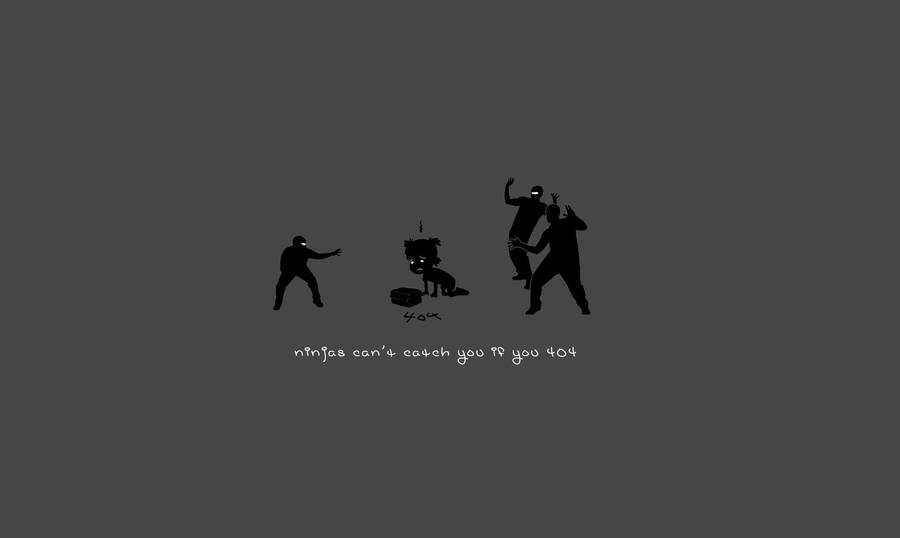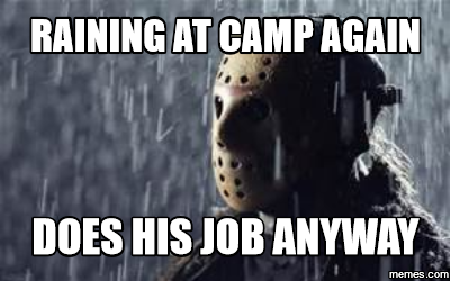You can do no better that
Elliot's Debates. In the 1830s, Jonathan Elliot compiled the records of the debates in the states as they debated the Constitution. The records of Massachusetts, New York, Pennsylvania, Virginia, North Carolina and South Carolina were recorded verbatim. Fragments of the debates were recorded in Maryland, Connecticut and New Hampshire. Rhode Island's debates were recorded in a separate work by the Rhode Island Historical Society.
Elliot's Debates are also available from the
On-Line Library of Liberty.
At any rate, I would recommend picking a state and reading the proceedings of its convention. Virginia is very good, because of the quality of the delegates (Madison, Henry, Randolph, Nelson, Page). Pennsylvania is also good (James Wilson), as is North Carolina (James Iredell).
Elliot is head and shoulders the most important (and sadly the least read) work in American history and political theory.
Secondary sources that are worth a read are St. George Tucker (Tucker's
Blackstone), John Taylor's
Tyranny Unmasked,
Construction Construed and Constitutions Vindicated (although John Randolph said that the writings of his friend John Taylor need to be translated into English), Abel Upshur (
A Brief Inquiry), and John C. Calhoun (
The Disquisition and "The Fort Hill Address"). All are free and available on line.
On religious questions, the above paragraph may not be much use.
The states where the question came up were the most religious ones: Massachusetts and North Carolina.






